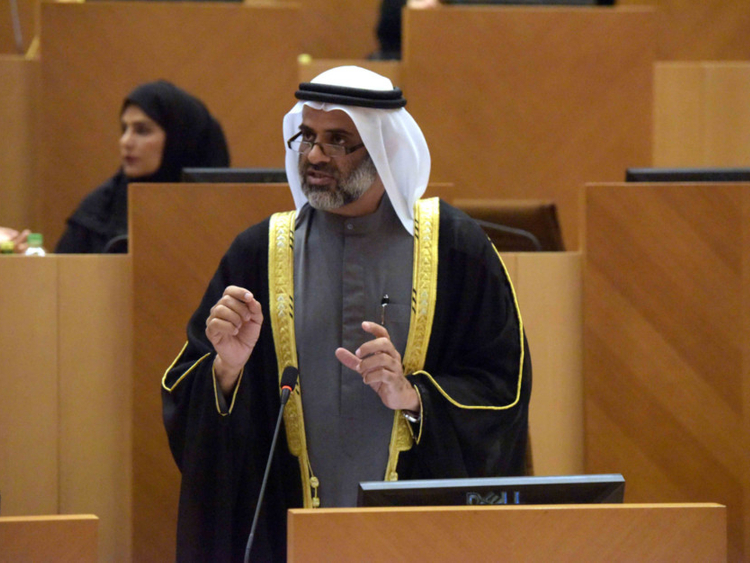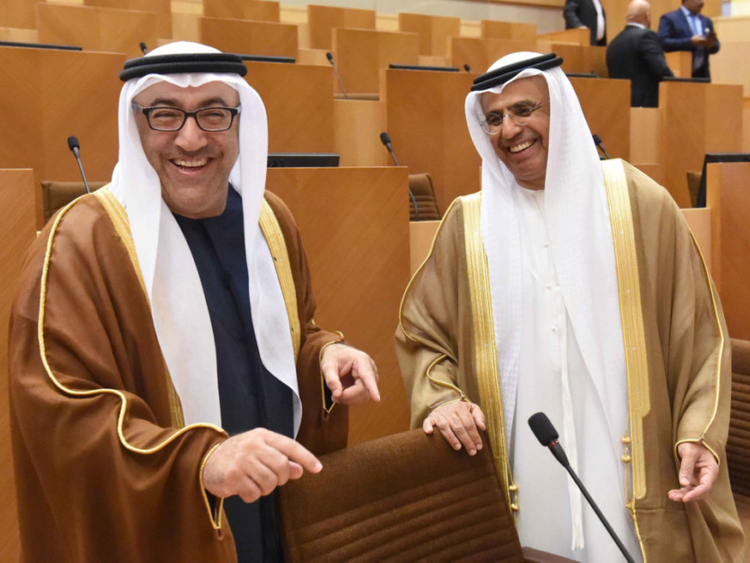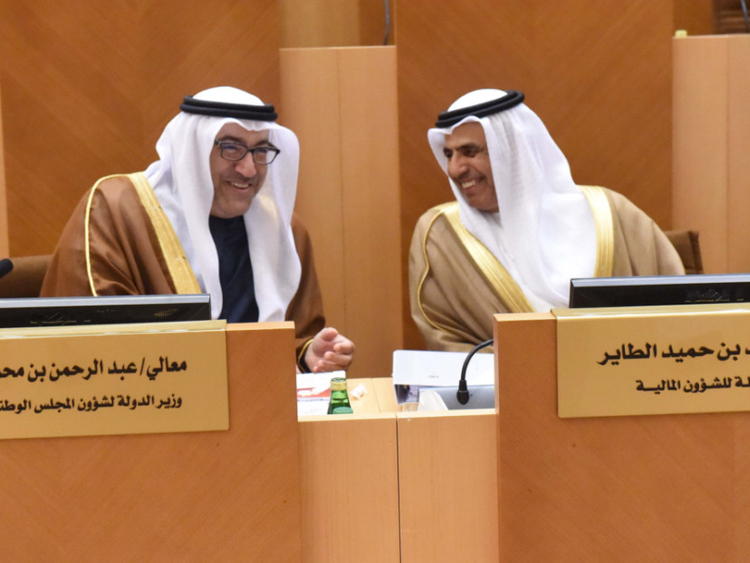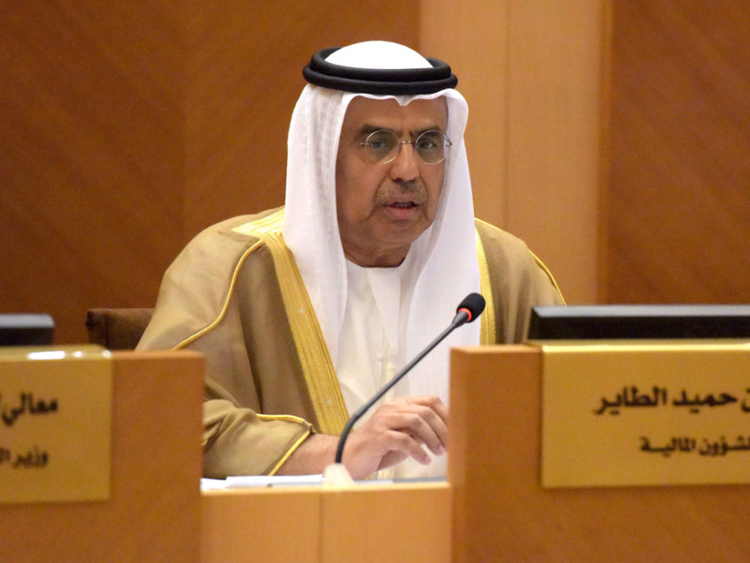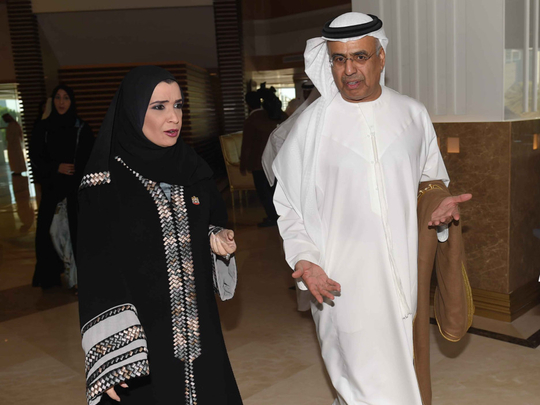
Abu Dhabi: Members of the Federal National Council on Tuesday passed the UAE’s federal budget of Dh51.4 billion for 2018, of which Dh26.3 billion or 51 per cent of the overall budget is dedicated to social development programmes — Dh10.4 billion allocated to general and higher education, totalling 20 per cent of the budget, and Dh4.2 billion or 8 per cent to the health sector.
Some Dh22.1 billion or 43 per cent of the budget has been allocated for government affairs, while a total of Dh3.5 billion will go to projects carried out by federal agencies. These include Dh891 million for ministries’ projects, and Dh922 million for projects meant to upgrade water and power stations across the country.
The Ministry of Climate Change and Environment has been allocated around Dh320 million or six per cent of the total budget, while the Ministry of Human Resources and Emiratisation has been given Dh948 million or two per cent of the overall budget.
Some Dh3.2 billion or six per cent of the total budget has been earmarked for the Ministry of Infrastructure Development, while Dh1.6 billion has been allocated to projects carried out by the Shaikh Zayed Housing Programme, Dh304 million to the UAE Space Agency projects, and around Dh300 million to the UAE Red Crescent. The government also allocated Dh2 billion to the Shaikh Mohammad Bin Rashid Al Maktoum Innovation Fund.
Members of the House observed the absence of budgetary revenues of the value added tax (VAT) and the other excise tax levied as from October 1 on select items such as tobacco products, caffeinated and sugary drinks.
The Ministry of Finance said a Cabinet decision has yet to be issued concerning sharing the revenues of these taxes among federal and local departments.
Obaid Humaid Al Tayer, Minister of State for Financial Affairs, earlier said the VAT is estimated to generate Dh12 billion in the first year, while the revenues will go up to between Dh18 billion and Dh20 billion in the second year.
The FNC members pointed out that the health insurance project for citizens was not listed in the budget and asked whether there would be any plans to resolve the traffic congestion problem across the country.
The Ministry of Finance said an actuarial study of the health insurance has been completed, cost of the health insurance law calculated in coordination with the Ministry of Health and Prevention and changes in the law were being reviewed, ahead of submitting it to the Cabinet for approval.
The federal budget reflects revenues and spending of federal ministries and departments, but excludes the budgets of the individual seven emirates.
Federal accounts for 2016 approved
Members of the Federal National Council earlier approved the federal accounts for 2016, demanding strict compliance with ministry-level plans.
The House cited “repeated irregularities” in ministries’ spending habits and criticised some for not carrying out their basic tasks.
Members attributed these irregularities to a lack of budgets or improper planning. They criticised several federal institutions for what they described as accounting failures and cited what they called “repeated violations” in ministries’ spending habits, as reported in the 2016 federal accounts.
They pointed to cases of ministries’ failure to spend their allotted budgets, and failure to implement projects for which they had been granted funding.
The members also pointed to breaches committed by the Health Ministry and the Ministry of Foreign Affairs and International Cooperation including payment of salaries of employees whose services were terminated and payment of allowances to employees who are not eligible for them.


